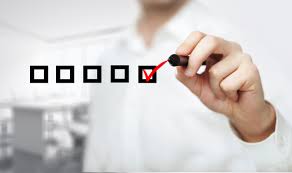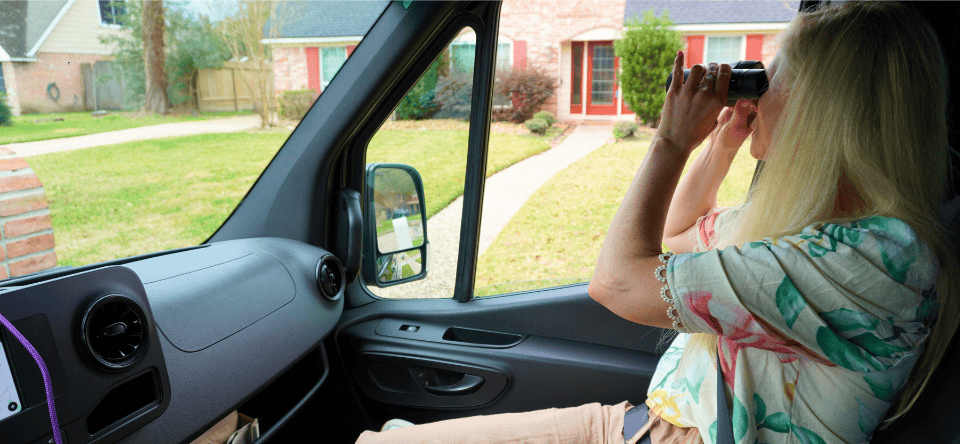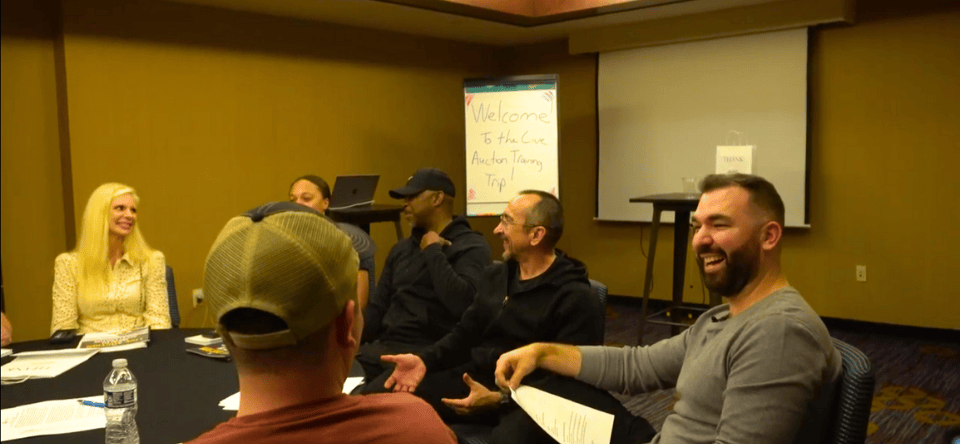Last Updated on September 9, 2025

Table of contents
Live tax deed and tax lien auctions offer an opportunity to pick up property for far less than market value, but success is rarely accidental. In our experience, being prepared is the single best thing you can do to succeed at a live auction. The steps you take before arriving, the questions you ask the county, and the gear you bring all add up to a smoother bidding day. This guide adapts our popular video on live auction preparation into an article format, adds more depth, and follows best practices for search‑friendly content.
What is a live tax deed or tax lien auction?
A live tax auction is a public sale where a county government sells either the property (tax deed) or the delinquent tax lien (tax lien certificate) to the highest bidder. These auctions recover unpaid property taxes and can be held in person or online. In some counties like Maricopa County, Arizona, tax lien auctions are held online and bidders must register and submit a deposit before participating. In other counties, auctions take place at courthouses or civic centers where bidders purchase properties or liens with certified funds.
Quick facts
- Tax deed vs. tax lien: In a tax deed sale you purchase ownership of the property, subject to remaining liens. In a tax lien sale you buy the right to collect unpaid taxes plus interest from the property owner.
- Who conducts the sale: County treasurers or their agents. For example, Maricopa County posts delinquent parcels and holds its sale each February.
- How bids work: Bidding begins at the amount of delinquent taxes. For tax liens, the interest rate may be bid down.
- Payment deadlines: Winning bidders usually need to pay on the day of the sale. Maricopa County requires payment via ACH the day after the auction.
Why is preparation so important?
Preparation means knowing what you want to achieve and how to achieve it. When hundreds of bidders gather with no amplification and a county official reads parcel numbers, you can miss a deal if you cannot hear or if you arrive without necessary paperwork. If you fail to pay within the county’s deadline, your deposit can be forfeited. Preparation helps you avoid common mistakes:
- Missing registration deadlines: Some counties require online registration days or weeks ahead and a deposit of around 10 % of your intended purchase.
- Confusion about payment types: Counties often accept only cash, cashier’s check or wire transfer. Maricopa County accepts ACH payments and rejects credit cards.
- Not knowing the auction schedule or location: Auctions can start early in the morning. Always verify the time and address and arrive an hour early to register.
Questions to ask the county before attending an auction
Before you leave for an auction, call the county treasurer’s office. Use the following question‑based checklist to ensure you have all the details:
When and where is the auction?
Ask for the exact date, time and location. Some auctions are moved due to building repairs or weather. Verify if the auction is indoors or outdoors so you can dress appropriately.
Do I need to register and pay a deposit?
- Online registration: Many counties require you to create an account and submit a deposit via ACH, as in Maricopa County.
- In‑person registration: Others ask that you sign in on the morning of the sale. Always ask whether you need a bidder card or form of identification.
What forms of payment are accepted?
Counties usually require certified funds. Ask whether they accept cash, cashier’s checks, wire transfers, or electronic payments. Some counties, like Maricopa, only take ACH transfers.
How long do I have to pay?
Find out how quickly you need to pay after the hammer falls. In many counties you must pay immediately or by the end of the day. In an online sale like Maricopa’s, payment is due the next business day.
What happens after the auction?
Ask where to collect your receipt or certificate and how to obtain the deed or lien. Some counties hand you paperwork at the courthouse; others mail certificates later. Also ask about redemption periods and how long you must wait before foreclosing on a tax lien.
Tip: Use a folder to keep track of registration documents, deposit receipts and properties you intend to bid on.
Essential gear and tools to bring on auction day
Being comfortable and organised helps you focus on bidding and not on logistics. Here is our recommended gear list.
| Item | Purpose |
| Laptop with GPS or map software | Plot driving routes and research property data. An inverter will keep your laptop powered in the car. |
| Smartphone with earphones or a listening device | Auctions often have no amplification, so get close and listen carefully. A small recorder can help if you miss a parcel number. |
| Driver or partner | Having someone else drive lets you review notes and discuss strategy between property inspections. |
| Camera and spare batteries | Take photos of properties before bidding. Visual inspections reveal issues not apparent online. |
| Printed property list or spreadsheet | Check off parcels as they are announced. Include minimum bids, redemption periods, and notes. |
| Umbrella and weather gear | Some auctions are held outdoors and proceed rain or shine. |
| Folder or binder | Store registration documents, deposit receipts and your checklist. |
| Certified funds | Bring cashier’s checks in various denominations so you can pay quickly if you win. Even if your county accepts electronic payments, backup checks avoid delays. |
Pro tip: Use a mapping tool to plan your route when scouting properties. This saves time and ensures you see every parcel on your list.
Listening and bidding strategies at the auction
How can I hear and follow the auctioneer?
Live auctions are often busy. Government officials or contracted companies read parcels without a sound system, so positioning yourself close to the auctioneer helps you catch every number. If you need a listening device, consider bringing one. Remember that it is your responsibility to hear the bids; the officials will not repeat numbers for you.
What bidding approach should I use?
- Set a budget: Decide your maximum bid for each property before the auction. Do not get caught up in the excitement; stick to your plan.
- Know the redemption rules: If you are buying a tax lien, know how long before the owner can redeem. Redemption periods vary by state (e.g., two years in Florida and six months for most non‑homestead properties in Texas).
- Bid confidently but cautiously: In a tax lien sale, bidding is competitive. Interest rates are bid down from the statutory maximum (16 % in Arizona). Enter your minimum acceptable rate and let proxy bidding work for you if available.
FAQs about live tax auctions
A tax deed auction transfers ownership of the property to the winning bidder. A tax lien auction sells the delinquent tax debt, allowing you to collect the tax plus interest. If the lien is not redeemed within the statutory period, you can foreclose on the property.
County treasurer websites, local newspapers and official auction platforms list upcoming tax sales. For example, Maricopa County posts a list of delinquent parcels at least two weeks before the sale.
Yes. Counties usually require certified funds like cash, cashier’s checks or wire transfers. Online auctions may accept ACH payments.
Yes, but learn the rules where you plan to bid. Redemption periods, bidding procedures and payment methods vary by state.
Final takeaways
- Preparation makes or breaks your success. Knowing auction rules and having your documents ready prevents costly mistakes.
- Ask the right questions. Clarify registration, payment deadlines and redemption periods before you leave home.
- Bring the right gear. A GPS‑enabled laptop, spare batteries, an umbrella and certified funds help you stay organised and flexible.
- Follow your plan. Set a maximum bid for each property and stick to it, even if the crowd pushes prices up.
- Continue learning. Our article on how to pick properties for tax deed sales covers research strategies and budgeting tips to help you select the best deals.
Free resources and next steps
Are you ready to learn more about investing in tax liens and tax deeds? We have some cool, free tools to help you out. First, you can grab our mini-course, which tells you how to buy tax liens and deeds so you can get property for really cheap. Next, check out our auction calendar to see when and where the next sales will happen all over the country. If you want some personal help, you can book a free call with our team to get advice on your first deal. Lastly, don’t forget to subscribe to our YouTube channel. We post new videos every week about different strategies for tax lien and deed investing.









